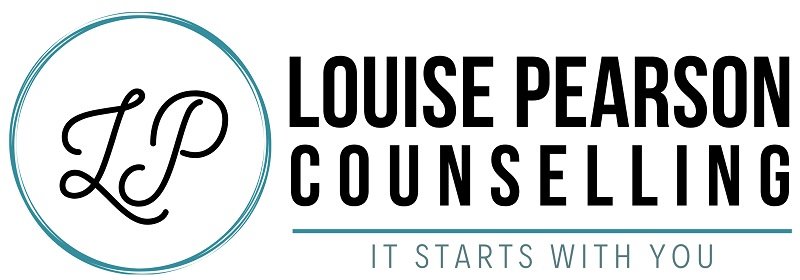So, picture this! It was Thursday night, and I had a phone appointment in 29 minutes! The bus was due in three. As it takes approximately 22 minutes to get home at this time of night? Look, to say that I was cutting it fine, is a slight understatement.
As I waited to cross with the lights to the bus-stop, a woman tapped my arm.
"Excuse me!" she said "I know you. You went to school with my sister!"
"Hmmm," I thought but didn't say, "And when did people of my age start sounding so old?" Needless to say I smiled politely, and asked who her sister might be. When she told me, I remembered her well.
"We've had a tough few years!" she told me when I asked about her. "During COVID, it was terrible for us!" She went on to tell me about two deaths in the family, how much adjustment they've all had to do, how they are still recovering.
"I'm sorry to hear that!" I said, noticing a bus in the distance. "The COVID years have been a difficult time for many! I had a diagnosis of pancreatic cancer during the lockdowns in the 2nd year, so..."
"You? Pancreatic cancer?" she interrupted, clearly startled. Then she patted my arm. "Well you look great! I'm sure you'll be just fine!"
Thankfully, the bus moved closer. I sent my regards to her sister and made my excuses. As I turned away, I was trying not to laugh. Clearly if you look fine, pancreatic cancer doesn't have a chance, in her estimation.
As I have reflected on our meeting in the last few days, a couple of points come to mind which I think are worth sharing. Firstly of course, as with any disease — how we look is often of very little relevance. In my days working at MS, we had an article entitled "But you look so good", for this very reason. We were trying to educate people about the way that MS can manifest, and how often the most debilitating symptoms, like fatigue for example, are invisible to the observer. So, be careful saying those sorts of things, because you might get caught out for making a silly assumption.
Secondly, it was a reminder to me, that in situations like mine, people often don't know what to say. They therefore look for a positive to throw into a situation, where true positives are not really there! At times like this, when we are talking about illness, or death, or any sort of bad news really, we need to remind ourselves — it's okay not to know what to say. I can say from my own experience that just hearing that someone feels sad, or silenced by my diagnosis, makes me feel less alone.
I think the final point to be made though, is that as the person receiving the platitude, it's a choice whether we get angry, or we laugh. I've had a lifetime of people saying ridiculous things to me about my blindness; sometimes they make me laugh out loud. This situation is no different. With my friend here, it's about remembering that her intention was good. She was trying to comfort me — and it seems as if she doesn't know an awful lot about Pancreatic Cancer. I can honestly say — I hope she never does.
